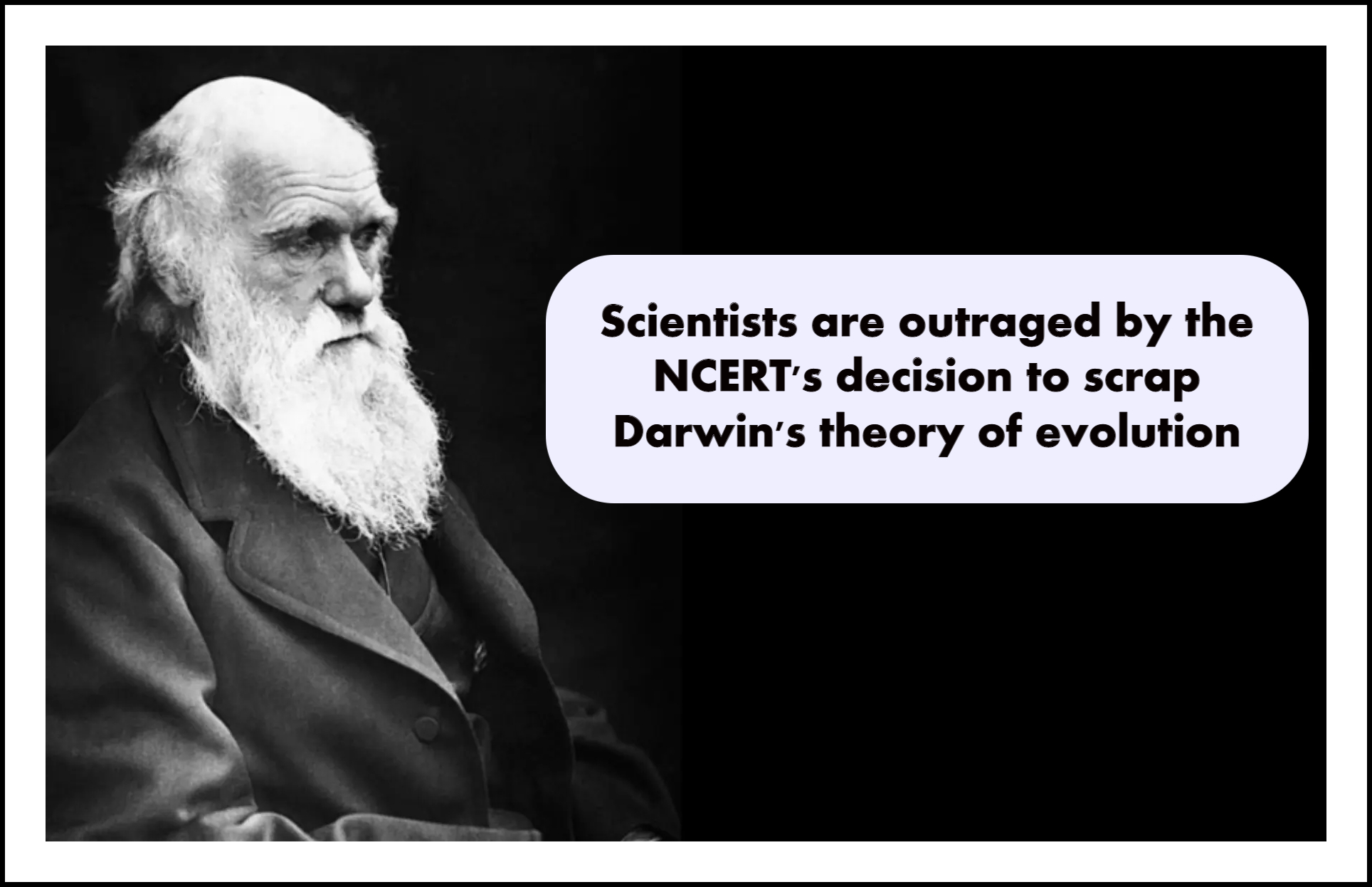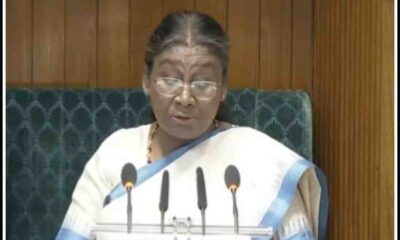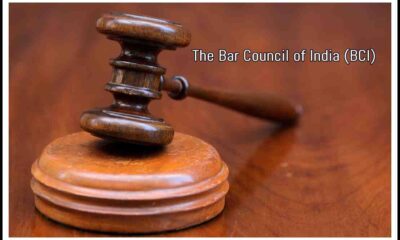News
Scientists are outraged by the NCERT’s decision to scrap Darwin’s theory of evolution
Published
1 year agoon

NCERT’s rejection of Darwin’s theory of evolution: More than 1800 Indian scientists and educators have criticised NCERT’s decision to eliminate Darwin’s theory of evolution.
Darwin’s theory of evolution has been dropped by NCERT
Evolution according to Darwin The National Council of Educational Research and Training (NCERT), which decided to take Darwin’s theory of evolution out of science textbooks for classes 9 and 10, has come under fire from more than 1800 scientists, educators, and science enthusiasts in India.
The NCERT claimed that the removal was part of a syllabus rationalisation effort in the aftermath of the Covid-19 outbreak, but the scientific community claims that the omission of Darwin’s theory is a “travesty of education” that will hinder students’ critical thinking abilities. This is not the first time that important scientific or historical information has been removed from the curriculum, causing concern and opposition from concerned parties.
Read Also:- India and the United Kingdom will collaborate to establish the ‘NET Zero’
Who exactly is Charles Darwin?
Charles Darwin’s role in establishing the concept of evolution earned him the title “father of evolution.” His theory contributed to the debunking of the long-held belief that the emergence of distinct species was the result of a supernatural occurrence or an act of God. Darwin’s evolutionary theory of natural selection provided a more logical explanation for the origin of new species. According to natural selection, different species evolved from a single species as a result of adaptation to changing environmental conditions.
Darwin’s theory of evolution: For more than 20 years, English naturalist Charles Darwin meticulously researched the natural world, looking into animal distribution and relationships between extinct and living organisms. Darwin’s ground-breaking research revealed that many modern animals have traits in common not only with one another but also with extinct species that lived millions of years ago. His extensive research led to the discovery of natural selection, which provided a more logical and compelling explanation for the origin of new species. This discovery earned him the title of the father of evolution. Darwin’s scientific discoveries contributed to the debunking of ancient superstitious beliefs by showing that species adapt to their changing environments to produce new, distinct beings that are descended from a single original species.
Facts about Darwin and his theory of evolution that you should know:
One reason Darwin’s investigation into the practise of human inbreeding was rejected was because it implied a criticism of the royal family, given that Queen Victoria herself had married her cousin.
To prevent Alfred Wallace from receiving sole credit for the natural selection theory, Darwin had to publicise his own ideas at the same time.
Read Also:- India’s Nuclear Liability Law: Protecting Victims and Ensuring Accountability.
Some speculate that Darwin’s frequent bouts of illness were primarily psychological, as his symptoms would often exacerbate with stress.
Erasmus Darwin, Charles Darwin’s grandfather, was a physician who discussed transmutation, which is essentially evolution, which resulted in Erasmus’ disgrace and discredit. This made Charles nervous about the possibility of being publicly chastised, causing him to be slow in publishing his works.
Previously, historians objected to the removal of significant events from history textbooks, such as the Mughal rule and the Gujarat Riots of 2002. NCERT was also chastised for failing to notify the public about the removal of these topics.
Historians recently stated in an open statement that deleting chapters or sections from textbooks is problematic because it deprives learners of valuable content and undermines pedagogical values needed to prepare them for current and future challenges.
The school education regulator responded by defending the “minor removals” in the curriculum, claiming that these deletions were not included in the official list of deletions announced last year. This is done to avoid confusion among teachers and students.
You may like
-


North Korea asserts that the test of a multiple-warhead missile was successful
-


The Student Wing of Congress storms the Exam Body NTA office and locks it from within
-


“During President Murmu’s address to Parliament, PM Modi was shown 73 times, and LoP Rahul Gandhi was shown six times”: Congress
-


NASA contracts Elon Musk’s SpaceX to deorbit the International Space Station in 2023.
-


A Caution For The CBI In The Delhi Court’s Arvind Kejriwal Custody Order
-


Bar Council of India requests that bar associations abstain from demonstrating in opposition to new criminal laws
